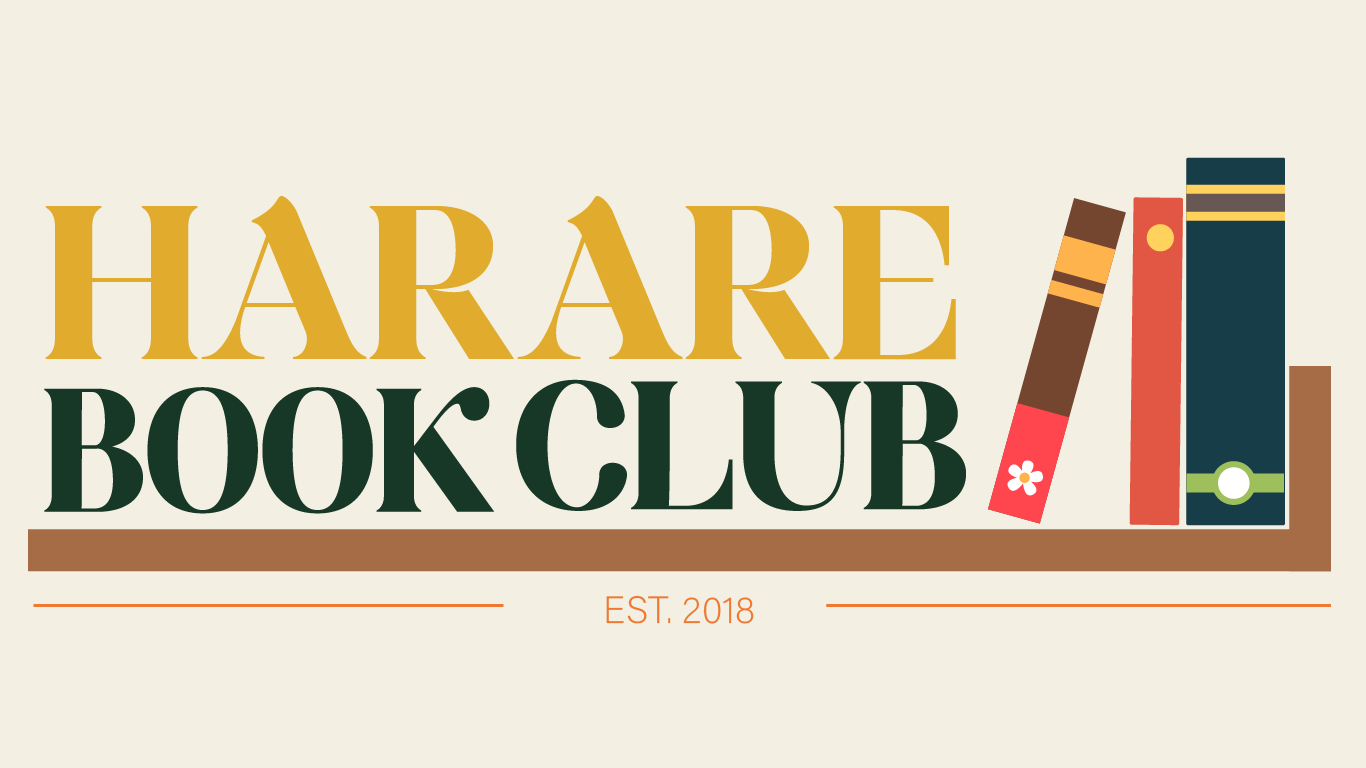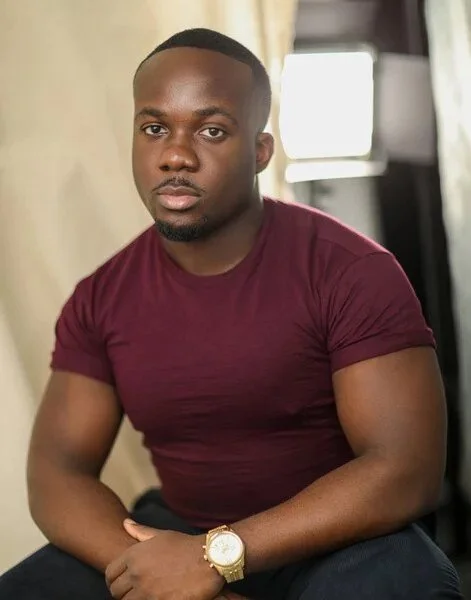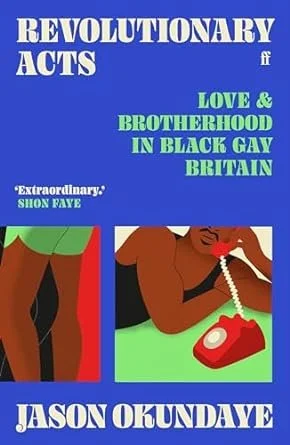Revolutionary Acts: Love and Brotherhood in Black Gay Britain by Jason Okundaye
BOOK REVIEW
History without empathy is only ever half a story.
- Marion Gibson
About the Author
Jason Okundaye is an emerging British-Nigeran writer from South London, you may have seen his work in the Guardian, GQ, British Vogue, or his witty tweets trending on X.
© Dujonna Gift-Simms
Okundaye’s pithy opinions on culture, current affairs, and politics are consistently engaging and insightful. I was excited to read his debut book Revolutionary Acts: Love and Brotherhood in Black Gay Britain, a social history of Brixton’s bourgeoning Black gay community, published by Faber & Faber.
We Need More Black LGBTQ Narratives
To be Black and Queer is to exist at the intersection of complex prejudices; racism from the outside world is compounded by insidious homophobia within the Black community, often experienced in families. Revolutionary Acts has been released mere days after Ghana’s parliament passed a bill into law, which (amongst other offences) imposes prison time for identifying as LGBTQ. The relentless pushback against growing queer advocacy across borders highlights the urgent need for narratives that humanise and bring dignity to the Black LGBTQ community.
Beyond the tabloid fodder turned tragic tale of Justin Fashanu, the first ever professional footballer to come out as gay in 1990. The lives of Black gay men in Britain have been largely obscured from public consciousness.
“Black history and gay history in this country are marginal and absent from major curricula, and those who have lived a Black gay life are often disinherited from narratives of both groups.”
Everyday Revolutions
As a young gay man embarking on this historical retelling, Okundaye’s submission asserts itself firmly within a wider shift in the Black British historical zeitgeist. Popular books such as David Olusoga’s 2020 release Black and British: A Forgotten History, reflect a fervour for reclaiming Black histories which have hitherto been relegated to the fringes if not entirely erased.
The premise for Revolutionary Acts is simple yet impactful: merely existing in a world that diminishes and suffocates Black gay men – is an act of revolution! The title was derived from contributor Marc Thompson an HIV positive sexual health activist. Thompson took inspiration from the writings of African American gay writer Joseph Beam:
‘Black men loving Black men is the revolutionary action of the 80s.’
Everyday Histories
Revolutionary Acts’ historical account is constructed around the lives of the following Black gay men:
Marc Thompson
In each chapter, Okundaye takes the reader along his journey of discovering how this older generation created community and forged a counter-culture, in and around the vibrant South London area of Brixton. The dearth of information and sources on Black British life presented an opportunity for Okundaye to adopt a more personalised approach in this historical record.
As Okundaye’s opening words solemnly state: ‘Researching Black history often feels like a rescue effort and a race against time.’
These “fragile histories” as the author calls them, fortuitously provide an easy access point for people who want to know more about Black British gay life. Readers will learn about activism, community building, love, sex, and even political schisms within organisations. Black men after all, are not a harmonised monolith. The importance of cross-referencing dates, newspapers, letters, archives such as rukus!, is emphasised throughout. As with any historical book there are dates, events, facts, and figures, however Revolutionary Acts does not read as mundane. There are refreshing moments of levity and a fair bit of gossip.
No man in the book is presented as an infallible hero nor a villain, they are humanised with an admirable level of tenderness and honesty. Okundaye himself is at points shocked or saddened, but skilfully never loses his clear narrative voice.
‘…long after these men are gone I hope that memories of the world they built and lived in are preserved and memorialised appropriately.’
Revolutionary Acts is an important book. Its message is clear: Gay history is Black history, it is British history. We would all do well to learn more about the lives of these remarkable Black gay men.
Thank you to Faber & Faber for providing Harare Book Club with a reviewer’s copy.
Written by - Tondi Mudambo



